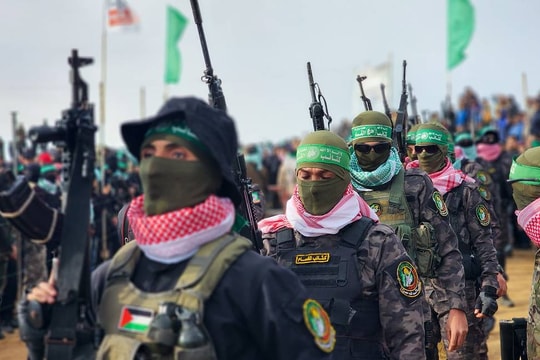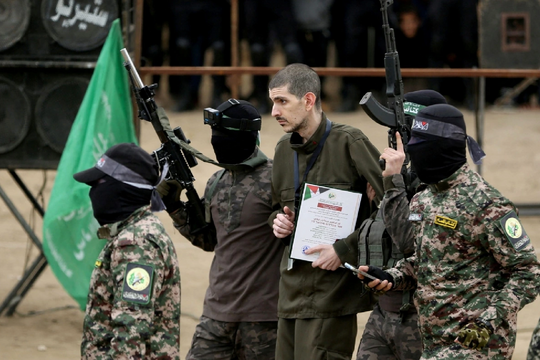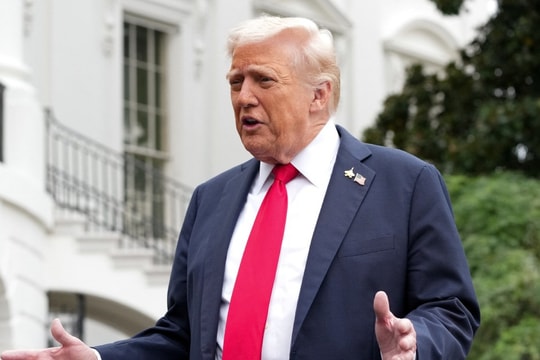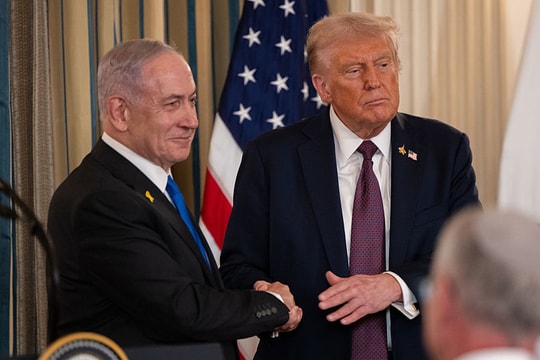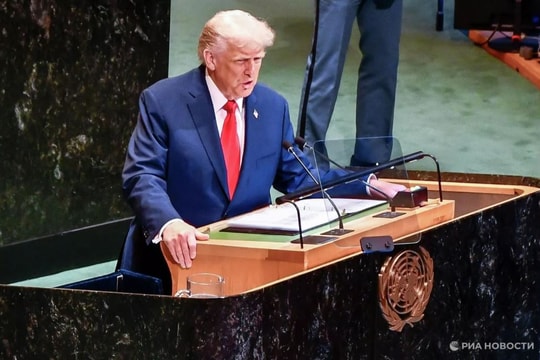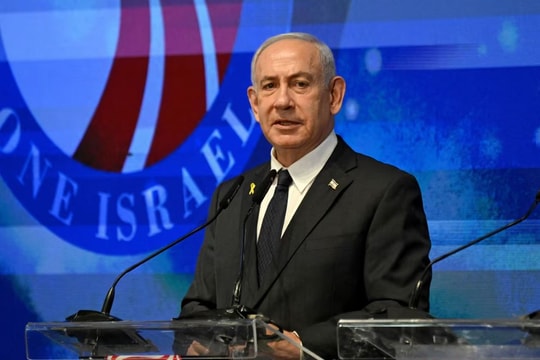2 years of war in Gaza: What has Israel gained and lost?
Hamas’s offensive on October 7, 2023, rocked Israel. In response, Israel launched a military campaign in Gaza that often extended beyond its borders and changed the political landscape of the Middle East.
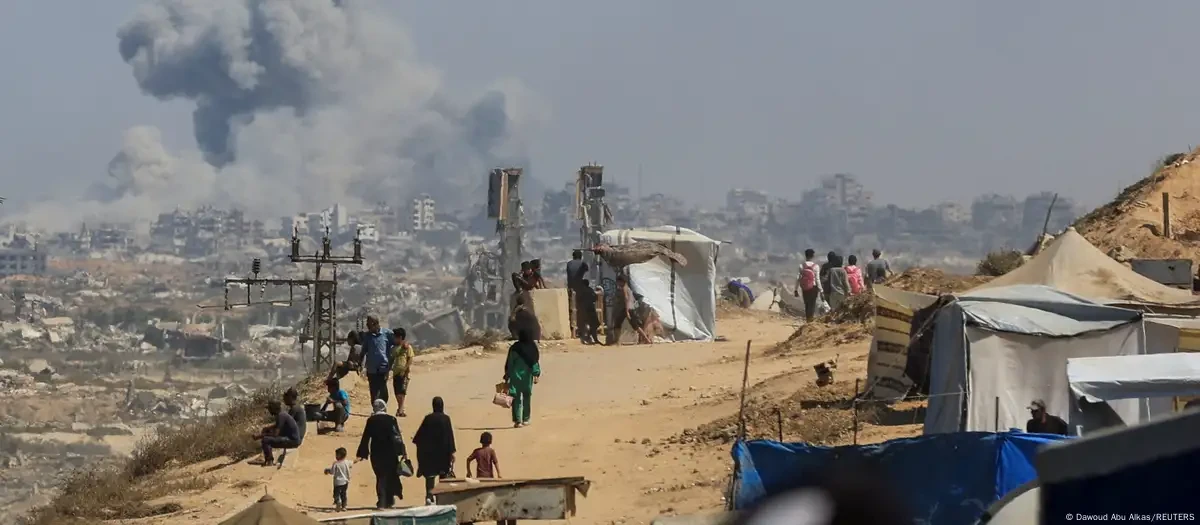
On October 7, 2023, Hamas militants and other armed groups crossed the Gaza border and launched an attack in Israel, killing nearly 1,200 people and taking 251 hostages. This painful memory caused a psychological shock that still deeply affects Israel today.
In response, Israel launched an offensive on Gaza on October 8, 2023, and the past two years have been a horrifying tragedy for Palestinians. According to estimates from the Hamas-run Health Authority, the IDF operations have left at least 66,000 people dead, about 80% of them civilians, and some 169,000 others injured. International agencies believe the actual number is much higher.
The International Organization for Migration reports that 90% of Gaza's homes have been destroyed or damaged, displacing 1.9 million of the 2.1 million population. Large areas are experiencing a severe famine due to the "total blockade" imposed by Israel, which has claimed the lives of at least 450 people, including 150 children.
War objectives were only partially achieved.
After the October 7 attack, Israeli Prime Minister Benjamin Netanyahu set two main goals for the war: to rescue all hostages and to “destroy” Hamas. Two years later, he has not fully achieved either goal.
Specifically, regarding the first objective, of the 251 hostages, 148 survived and returned to Israel. Only 8 were rescued by the IDF, the remaining 140 were released by Hamas in exchange for hundreds of Palestinians held by Israel. According to the Israeli government, 48 hostages are still being held, of which only 20 are believed to be alive.
As for Hamas, the organization still exists in Gaza, although many of its fighters have been killed. Israel has killed a series of Hamas leaders, including Ismail Haniyeh and Yahya Sinwar, but the group continues to operate.
In late September 2025, US President Donald Trump presented a 20-point peace plan for Gaza, calling for the release of all remaining hostages and the disarming of Hamas.
Regional rivals weaken
Over the past two years, the war has not been limited to Gaza. Israel has taken military action against Hezbollah in Lebanon and Houthi forces in Yemen. Israel killed Hezbollah leader Hassan Nasrallah in Beirut, along with many other militants, in coordinated strikes.
The Israeli Air Force also struck Iran for several days, causing severe damage to its nuclear facilities. The overthrow of Syrian leader Bashar Assad in late 2024 also cost Iran a key regional ally. As a result, Israel’s rivals were dealt a major blow, and Israel’s military position in the region is now more solid than ever.
Accused of genocide and diplomatic consequences
Israel's conduct of the war has drawn strong international condemnation. The Israeli military has bombed hospitals, refugee camps and schools in Gaza, killing thousands of women and children. These actions have led to accusations that Israel is committing genocide.
In December 2023, South Africa sued Israel at the International Court of Justice (ICJ) for violating the United Nations Genocide Convention.
In November 2024, the International Criminal Court (ICC) issued arrest warrants for Prime Minister Netanyahu and then-Defense Minister Yoav Gallant on charges of war crimes and crimes against humanity.
The dire situation in Gaza has accelerated efforts to recognize an independent Palestinian state. Over the past two years, 20 countries have recognized Palestine, including major powers such as France, Britain, Spain, Australia and Canada. Many countries have stopped exporting arms to Israel, and some have imposed sanctions.
Division within Israeli society
In Israel, opinions on continuing the fighting are also deeply divided. Far-right government ministers support continued military action. Meanwhile, other groups, notably the families of the hostages, have held weekly demonstrations calling for a ceasefire and a negotiated solution. A July survey found that more than 60% of Israelis support a ceasefire.
If implemented, Mr Trump's plan could silence the weapons for now, but the wounds inflicted by the war could take decades to heal.

